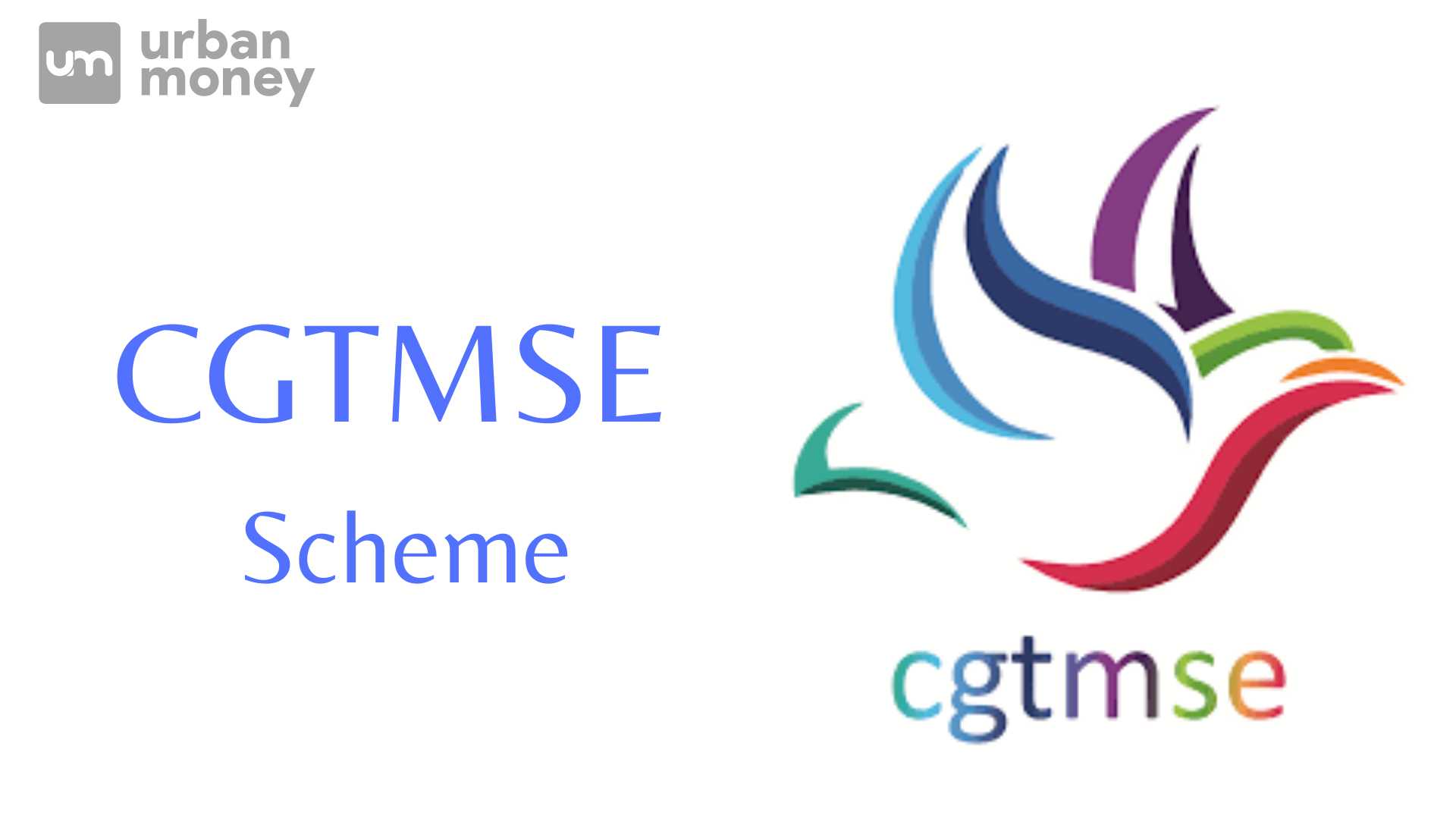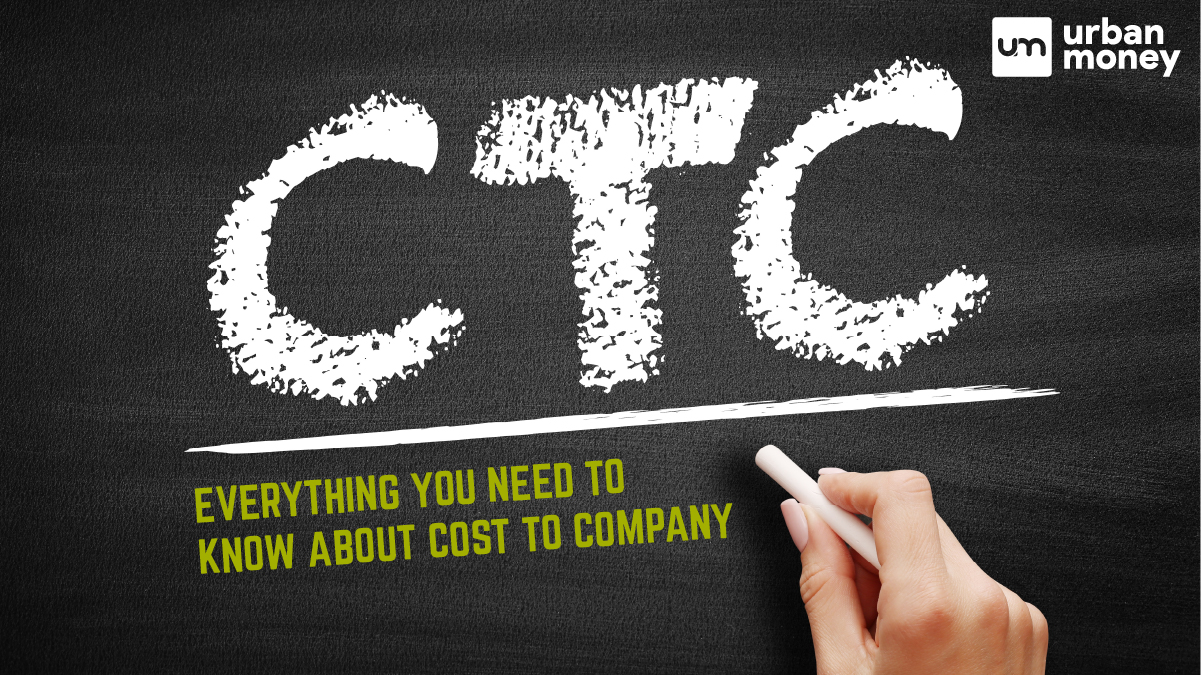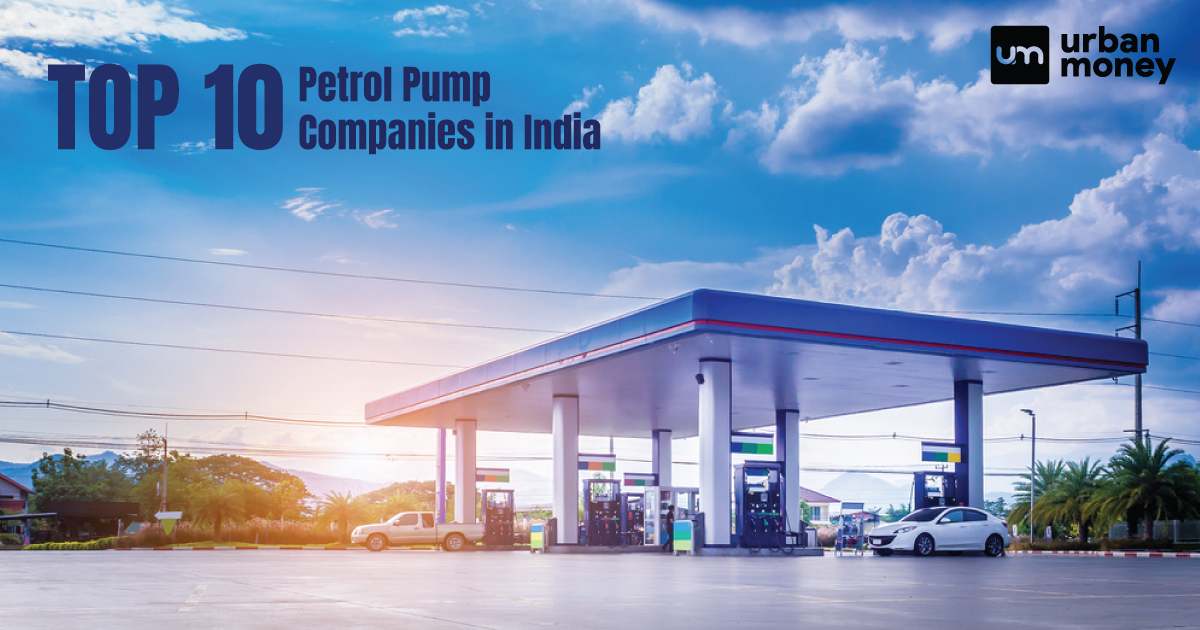Top 10 Best Private Banks in India List 2025
January 09, 2025
Business Loan Archive | How to Take Business Loan under CGTMSE Scheme?

July 01, 2022


The Credit Guarantee Fund Trust for Micro and Small Enterprises was incorporated in 2000 by the Government of India under the Small Industries Development Bank of India and the Ministry of Micro, Small, and Medium Enterprises. Startup companies require funds as a means to establish themselves in the market firmly. A CGTMSE scheme acts as a guarantor for a business loan, enabling business owners to get a loan. A vital component of CGTMSE’s objective is to empower MSEs by providing them with credit guarantees to access credit and establish sustainable enterprises.
You must check out this blog if you are a novice in the industry and looking for funds to establish your business. Keep reading to know more!
Table of Contents
ToggleCGTMSE is the name of the government of India’s guarantee program for micro and small enterprises to ensure access to loans from lending institutions to set up financially viable operations.
By laying out a credit framework for first-generation entrepreneurs, the scheme aims to assist them in realizing their entrepreneurial goals. In addition, this facility reinforces the credit funding mechanism to facilitate a smooth flow of credit to MSEs.
Essentially, the Credit Guarantee Scheme assures the lender that if an MSE fails to settle its obligations, the guarantee trust will recover up to 85% of the lender’s loss. In contrast, business startups in retail, trade, agriculture, education, and self-help groups are not eligible to apply.
The CGTMSE fosters the pioneer spirit of India’s youth. In addition, as part of the aim to contribute to the creation of a strong nation, the Indian government and SIDBI established a micro-and small business credit guarantee fund trust.
Given below are some of the features of the CGTMSE Scheme:
Given below is the eligibility criteria for the CGTMSE scheme:
| Eligible Borrowers | Any new or existing Micro and Small Enterprise |
| Eligible Lenders | ● Scheduled Commercial Banks (SCBs) ● Regional Rural Banks (RRBs) ● Small Finance Banks (SFBs) ● Non-banking Financial Companies (NBFCs) ● Small Industrial Development Bank of India (SIDBI) ● National Small Industries Corporation (NSIC) ● North Eastern Development Finance Corporation ● Ltd. (NEDFi) |
Note: MSEs involved in agricultural activities, education businesses, self-help organizations, and educational institutions cannot avail of a business loan under the CGTMSE scheme.
An applicant will have to submit the following documents to apply for the CGTMSE scheme:
| Application Form | ● CGTMSE application form duly signed ● Passport size photograph of the borrower |
| Business Documents | ● Incorporation certificate ● Company registration certificate ● Business project plan ● CGTMSE loan coverage letter ● Approval letter from the bank |
To avail of a business loan under the CGTMSE scheme, the applicant must pay a service fee of @0.75% of the guarantee amount above the interest rate charges. CGTMSE scheme guarantees credit facilities at a rate of 1.5% (0.75% in the North Eastern Region, including Sikkim).
| Regional Rural Financial Institutions | Upto Rs.50 lakhs |
| Small Financing Banks | Upto Rs.50 lakhs |
| NBFCs, Scheduled Commercial Financial Institutions, and selected Financial Institutions | Upto Rs. 2 Crores |
The CGTMSE organisation broadly classifies the credit guarantee schemes into four categories:
CGTMSE has outlined a policy for providing a guarantee on credit facilities extended by lending institutions to micro and small enterprises (MSEs). A number of amendments have been made to the scheme to streamline operations, accelerate credit flow to the MSE sector, and meet the requirements of the banks and the MSEs.
In accordance with the ‘Hybrid Security’ policy, CGTMSE’s guarantee cover is valid for the portion of the credit facility that is not covered by collateral security. A fractional collateral security approach allows the lending institutions to obtain collateral security for part of the credit facility. The outstanding amount may be covered under the Credit Guarantee Scheme of the CGTMSE. For the credit facility, however, CGTMSE will charge pari passu on the principal security and the collateral security.
To facilitate the provision of credit facilities to MSEs by NBFCs, the CGTMSE developed a scheme. Trust funds will be used to cover the loans extended by MLI to MSE-eligible borrowers with a maximum limit cap of Rs. 2 Crores. The retail trades of MSE can avail of credit coverage of up to Rs. 1 Crore. According to RBI guidelines, the fund should not be used for personal purposes.
This CGTMSE facilitates the scrutiny of financial institutions’ loans for micro and small enterprises (MSEs). Additionally, it allows financial institutions to prioritise business models and project validation. You can apply for a CGTMSE business loan by following the steps below:
The first step before applying for a CGTMSE business loan is establishing a private limited company, proprietorship, one-person company, or limited liability company. As part of the project implementation, the borrower must also obtain the appropriate tax registrations and approvals.
The borrower must conduct an in-depth market analysis to prepare the business plan. The report should include a business model, financials, and promoter profile information. The borrower then must submit a credit application for the CGTMSE scheme and present the report. It is recommended that borrowers have these reports prepared by professionals. This way, the application will have a greater chance of being accepted.
CGTMSE scheme business loan requests usually include the working credit facilities and the credit terms of the loan. Following the submission of a loan application, financial institutions carefully evaluate the prospects and scalability of the business model and the loan application process.
The financial institution will apply to the CGTMSE authority to acquire the guarantee cover after sanctioning a loan. As soon as the CGTMSE approves the loan, the borrower must pay the CGTMSE charges, such as the service and guarantee fees.
| Categorization | Maximum Extent of Guarantee on the Credit facility | ||
| Micro Enterprises | Up Until Rs.5 lakhs. | The amount above Rs.5 lakh up until Rs.50 lakhs. | The amount above Rs.50 lakh and up until Rs.2 crores. |
| 85% of the default amount is subject to a maximum of Rs.4.25 lakhs. | 75% of the default amount is subject to a maximum of Rs.37.5 lakhs | 75% of the default amount is subject to a maximum of Rs.1.50 crores | |
| Women entrepreneurs or units that are located in North-Eastern states including Sikkim (other than credit facility up to Rs.5 lakh to micro-enterprises) | 80% of the default amount is subject to a maximum of Rs.40 lakhs | ||
| All other sections of borrowers | 75% of the default amount is subject to a maximum of Rs.37.5 lakhs | ||
| Activity | From Rs.10 lakhs and up until Rs.1 crores | ||
| MSE Retail Trade | 50% of the default amount is subject to a maximum of Rs.50 lakhs | ||
Given below is a list of banks and Non-Banking Financial companies providing business loans in accordance with the CGTMSE scheme:
| Allahabad Bank | Cauvery Kalpatharu Grameena Bank | IndusInd Bank | North Eastern Development Finance Corporation Limited |
| Allahabad UP Gramin Bank | Central Bank of India | ING Vysya Bank | North Malabar Gramin Bank |
| Andhra Bank | Chaitanya Godavari Grameena Bank | Jaipur Thar Gramin Bank | Oriental Bank of Commerce |
| Andhra Pradesh Grameena Vikas Bank | Chattisgarh Gramin Bank | Jammu & Kashmir Development Finance Corporation | Pallavan Gramin Bank |
| Andhra Pradesh State Financial Corporation | Chikmagalur-Kodagu Gramin Bank | Jammu & Kashmir Gramin Bank | Pandyan Grama Bank |
| Andhra Pragathi Grameena Bank | City Union Bank | Jharkhand Gramin Bank | Parvatiya Gramin Bank |
| Aryavart Gramin Bank | Corporation Bank | Karnataka Bank | Pragathi Gramin Bank |
| Ballia Etawah Gramin Bank | Deccan Gramin Bank | Karnataka Vikas Grameena Bank | Prathama Bank |
| Bangiya Gramin Vikash Bank | Delhi Financial Corporation | Kashi Gomti Samyut Gramin Bank | Puduvai Bharathiar Grama Bank |
| Bank of Bahrain and Kuwait | Dena Bank | Kerala Financial Corporation | Punjab & Sind Bank |
| Bank of Baroda | Dena Gujarat Gramin Bank | Krishna Grameena Bank | Punjab Gramin Bank |
| Baitarani Gramya Bank | Deutsche Bank | Lakshmi Vilas Bank | Punjab National Bank |
| Axis Bank Limited | Development Credit Bank | Langpi Dehangi Rural Bank | Purvanchal Gramin Bank |
| Assam Gramin Vikash Bank | Durg Rajnandgaon Gramin Bank | Madhya Bharat Gramin Bank | Rajasthan Gramin Bank |
| Bank of India | Export-Import Bank of India | Madhya Bihar Gramin Bank | Rewa Sidhi Gramin Bank |
| Bank of Maharashtra | Gurgaon Gramin Bank | Maharashtra Gramin Bank | Rushikulya Gramya Bank |
| Barclays Bank Plc | Hadoti Kshetriya Gramin Bank | Malwa Gramin Bank | Samastipur Kshetriya Gramin Bank |
| Baroda Gujarat Gramin Bank | Haryana Gramin Bank | Meghalaya Rural Bank | Saptagiri Grameena Bank |
| Baroda Rajasthan Gramin Bank | HDFC Bank Limited | MGB Gramin Bank | Sarva UP Gramin Bank |
| Baroda Uttar Pradesh Gramin Bank | Himachal Gramin Bank | Mizoram Rural Bank | Satpura Narmada Kshetriya Gramin Bank |
| Bharatiya Mahila Bank | ICICI Bank Limited | Nainital-Almora Kshetriya Gramin Bank | Saurashtra Gramin Bank |
| Bihar Kshetriya Gramin Bank | IDBI Bank Limited | Narmada Malwa Gramin Bank | Sharda Gramin Bank |
| Canara Bank | Indian Bank | National Small Industries Corporation Limited | Shreyas Gramin Bank |
| Catholic Syrian Bank | Indian Overseas Bank | Neelachal Gramya Bank | Small Industries Development Bank of India [SIDBI] |
| Standard Chartered Bank | State Bank of Bikaner & Jaipur | State Bank of Mysore | State Bank of Patiala |
| South Malabar Gramin Bank | State Bank of Hyderabad | State Bank of India | State Bank of Travancore |
| Surguja Kshetriya Gramin Bank | The Karur Vysya Bank | Tripura Gramin Bank | Uttaranchal Gramin Bank |
| Sutlej Gramin Bank | The Nainital Bank | Triveni Kshetriya Gramin Bank | Uttarbanga Kshetriya Gramin Bank |
| Syndicate Bank | The Ratnakar Bank | UCO Bank | Vananchal Gramin Bank |
| Tamilnad Mercantile Bank | The South Indian Bank | Union Bank of India | Vidharbha Kshetriya Gramin Bank |
| The Dhanalakshmi Bank | The TamilNadu Industrial Investment Corporation [TIIC] | United Bank of India | Vidisha Bhopal Kshetriya Gramin Bank |
| The Federal Bank | The Jammu & Kashmir Bank | Uttar Bihar Gramin Bank | Vijaya Bank |
| Visveshvaraya Grameena Bank | Wainganga Krishna Gramin Bank | Yes Bank |
All new and existing Micro and Small Enterprises (MSEs) are eligible for guarantee cover under the CGTMSE schemes. However, MSEs involved in agricultural activities, education businesses, self-help organisations, and educational institutions cannot obtain a business loan under the CGTMSE scheme.
There is a lock-in period of 18 months from either the date of the last disbursement of the loan to the borrower or the date of the guarantee cover coming into force in respect of the particular credit facility whichever is later.
Credit Guarantee Fund Trust for Micro and Small Enterprises (CGTMSE) is a financial guarantee provided by the government of India to micro and small enterprises to enable them to access credit from lending institutions to set up bankable business ideas.
Yes, CGTMSE offers a guarantee scheme for Mudra loans as well.
The borrower has to pay an annual guarantee fee of 1.00% of the credit facility.










© 2025 www.urbanmoney.com. All rights reserved.

Need Loan Assistance?

Thank you for showing your interest. Our agent will get in touch with you soon.

















